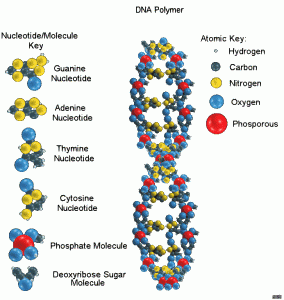Theta phase synchrony and conscious target perception: Impact of intensive mental training
Heleen A. Slagter, Antoine Lutz, Lawrence L. Greischar, Sander Nieuwenhuis, and Richard J. Davidson. Article in Journal of Cognitive Neuroscience Abstract The information processing capacity of the human mind is limited, as is evidenced by the attentional blink-a deficit in identifying the second of two targets (T1 and T2) presented in close succession. This deficit is […]
Heleen A. Slagter, Antoine Lutz, Lawrence L. Greischar, Sander Nieuwenhuis, and Richard J. Davidson.
Article in Journal of Cognitive Neuroscience
Abstract
The information processing capacity of the human mind is limited, as is evidenced by the attentional blink-a deficit in identifying the second of two targets (T1 and T2) presented in close succession. This deficit is thought to result from an overinvestment of limited resources in T1 processing. We previously reported that intensive mental training in a style of meditation aimed at reducing elaborate object processing, reduced brain resource allocation to T1, and improved T2 accuracy [Slagter, H. A., Lutz, A., Greisschar, L. L., Frances, A. D., Nieuwenhuis, S., Davis, J., et al. Mental training affects distribution of limited brain resources. PloS Biology, 5, e138, 2007]. Here we report EEG spectral analyses to examine the possibility that this reduction in elaborate T1 processing rendered the system more available to process new target information, as indexed by T2-locked phase variability. Intensive mental training was associated with decreased cross-trial variability in the phase of oscillatory theta activity after successfully detected T2s, in particular, for those individuals who showed the greatest reduction in brain resource allocation to T1. These data implicate theta phase locking in conscious target perception, and suggest that after mental training the cognitive system is more rapidly available to process new target information. Mental training was not associated with changes in the amplitude of T2-induced responses or oscillatory activity before task onset. In combination, these findings illustrate the usefulness of systematic mental training in the study of the human mind by revealing the neural mechanisms that enable the brain to successfully represent target information.







